Strategy
|
 |
|
- Are lower level employees in your company fully aware of their role in implementation of the overall business strategy?
- Do your employees know how close or far away your company currently stands with regards to achievement of strategic goals?
- Are the strategic principles and goals of your business reflected in the remuneration system of the company?
Business strategy generally serves as a good foundation for a successful operation of a company. However, every leader should critically assess if employees below the management level have an equally clear understanding of the strategy and also feel engaged and equally responsible for its realization. Any strategy and long term goals will deliver a much better result if those are communicated across the entire company and both the management as well employees themselves are able to track progress daily. Strategy may not be polished to perfection, but with outstanding performance management it will definitely yield the desired results!
|
Management
|
 |
|
- Has the company been able to develop and achieve its strategic goals under your leadership?
- As a manager, are you informed of the current state of your business and the problems your company is currently dealing with?
- Are you a true leader of your company team and does your team trust you?
One of the tasks of the management team is to select and assemble the kind of employees that are the best fit for the internal culture, values and strategic goals of the company. However, most attention should be paid to make sure if employees’ characteristics precisely match the competencies needed to accomplish particular tasks. It is also important to regularly check that tasks and responsibilities are further delegated within the team and upper management is providing adequate support to ensure the tasks are successfully accomplished.. |
Employees
|
 |
|
- Do your employees often approach you with suggestions for improvement? If so, do you listen to them and assist in the implementation process?
- Do you support and encourage the professional development of your employees and also motivate the personal development of your team?
- Do your employees feel equally responsible for the future of the company and are proud to be working for you?
The strength of any company is defined by its team – employees. However, one should remember that it is impossible to force anyone in your team to work with either 60% or 120% capacity. Instead employees can and should be accordingly motivated and enthusiasm about the accomplishments of every employee as well as the team in general should be cultivated. By regularly paying attention to the internal climate and mood of the team, it is possible to notice and rectify various nuances and maybe even dissatisfaction before it reflects in the financial indicators of your business. |
Internal company standards
|
 |
|
- Are your employees able to independently achieve the needed results also in case of absence of upper management?
- Is a new or rotating employee able to quickly understand the new responsibilities and fulfill his/hers new duties, thus ensuring that any employee can be replaced if needed?
- Is your company flexible enough, compared to competitors, and ready to quickly implement any changes?
Employees are able to carry out their duties if the main guidelines regarding internal standards and processes are clear to everyone, thus creating a sense of order and making everyone’s work easier. It does not really matter whether you use online forms that need to be filled out, procedures or process maps - it is important to make sure that employees know them, have an understanding of the relationship between the various processes and are able to apply this information when solving different problems as well as during their day-to-day work. |
Change management
|
 |
|
- Do your employees express resistance or dissatisfaction associated with implementation of changes?
- Is change implementation a regular and natural process within your company?
- Is change management process in your company controlled and managed so that you can implement a new idea as quickly as possible?
In today’s environment of global competition ability to adapt, mobilize resources for change and implement those changes quickly often defines a company’s ability to yield profits. Employee support or, on the contrary, resistance to change, plays an important role during implementation of any changes. |
Customers
|
 |
|
- Is your company able to sustain long-term partnerships with customers and ensure that they regularly purchase your products or use your services?
- Would your company be able to ensure operational stability even in the case if your largest customer terminated the contract?
- Are your customers spreading the word about your company and recommending your products/services to others?
Employees who are enthusiastic about what they do and have a great understanding of the company's internal processes and rules, will make every customer happy and satisfied. However, it is well worth the effort to make your customers not only satisfied but also loyal to your company / brand. A satisfied customer will regularly purchase your products or use your services, but a loyal customer will make sure his family, friends and acquaintances also follow his/her example quite soon. |
Suppliers
|
 |
|
- Are you satisfied with the partnership principles and terms and conditions of your suppliers?
- Are your suppliers responsive and flexible in non-standard situations?
- Do your suppliers express interest in and take part in various projects concerning development and innovations of your company’s products/services and also provide support during project implementation?
Suppliers also play and important role in achievement of customer satisfaction. It is important to carefully evaluate if the standards and principles of suppliers match the standards and service levels you want to provide to customers. By keeping an eye on them and regularly checking if they fulfill their promises or not, you will be able to not only increase customer satisfaction rates but also the value of your company in the eyes of employees and suppliers. |
Internal communication
|
 |
|
- Is it possible to quickly notify all employees of regular changes and ensure they are implemented?
- Is it possible to quickly receive feedback from all company levels about any issues or problems caused by regular changes?
- Are all incoming incident tickets or problems in your company structured and solved in the order of importance determined by the needs of various business processes?
For every company it is important to secure an open and friendly environment for both horizontal and vertical communication. Attention should be paid not only to the speed of information and feedback flow but also to the quality of communication. If mutual trust is missing between the employees and company management, open and honest opinions will not be heard often. More approachable and open company management will provide more opportunities for improvement and allow to eliminate any obstacles to successful company operation. |
Information systems
|
 |
|
- Are real time data and information continuously available to your employees?
- Do your information systems provide support for the business processes of your company?
- Is the structure of your company information systems flexible enough to ensure they can be quickly adapted in case of need?
Different kinds of information systems make our work routine a lot easier every day. However, rather often real time data within the company are not available when important decisions need to be made. Moreover, the larger the mix of different systems a company is using, the more attention has to be paid to the speed one can restore their functionality in case of incidents to ensure minimum possible downtimes. More simple and flexible information systems will allow you to take advantage of any changes and use them to strengthen the competitiveness of your company. |
Quality
|
 |
|
- Do you often receive complaints related to poor product or service quality you’re your customers?
- Does your company have a quality management system requiring continuous effort to ensure quality improvements?
- Has your company developed a system allowing employees to control the quality of each other’s work and report of any discrepancies?
Ensuring constant product or service quality within an always changing business environment is a challenge for every company. Anyone can make mistakes and the most expensive equipment may stop working at some point. However, when quality problems are detected, it is important to make sure that their causes are eliminated and proper corrections are put in place in order to ensure that the same problems do not happen again. Of course, the best results can be achieved by continuously improving the quality of your products or services, before new problems are detected. |





















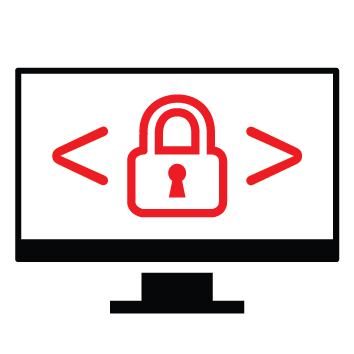



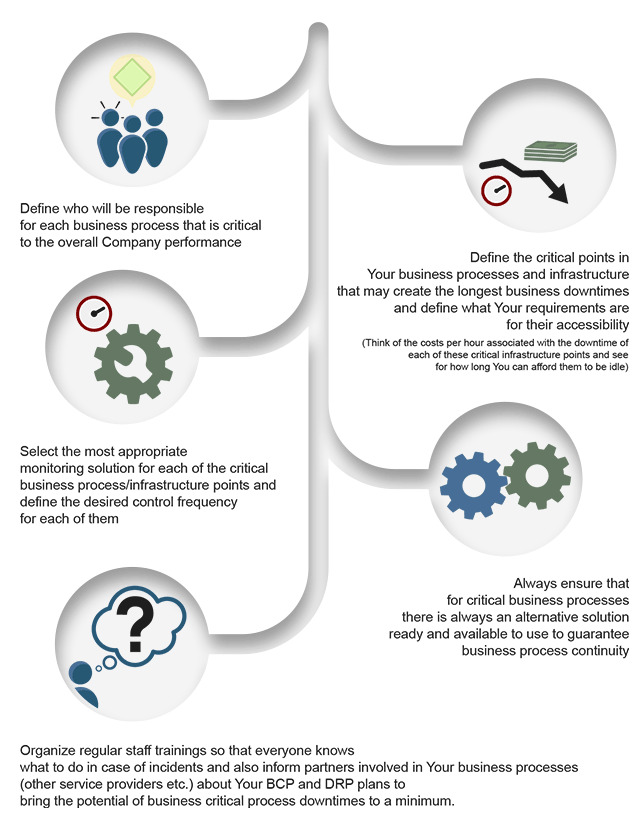
















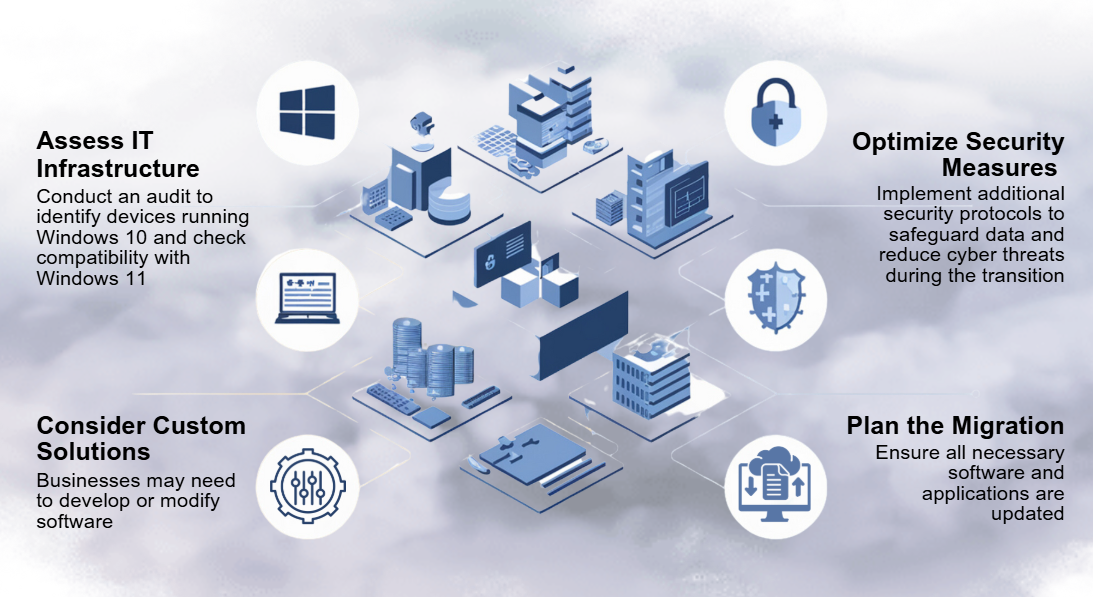
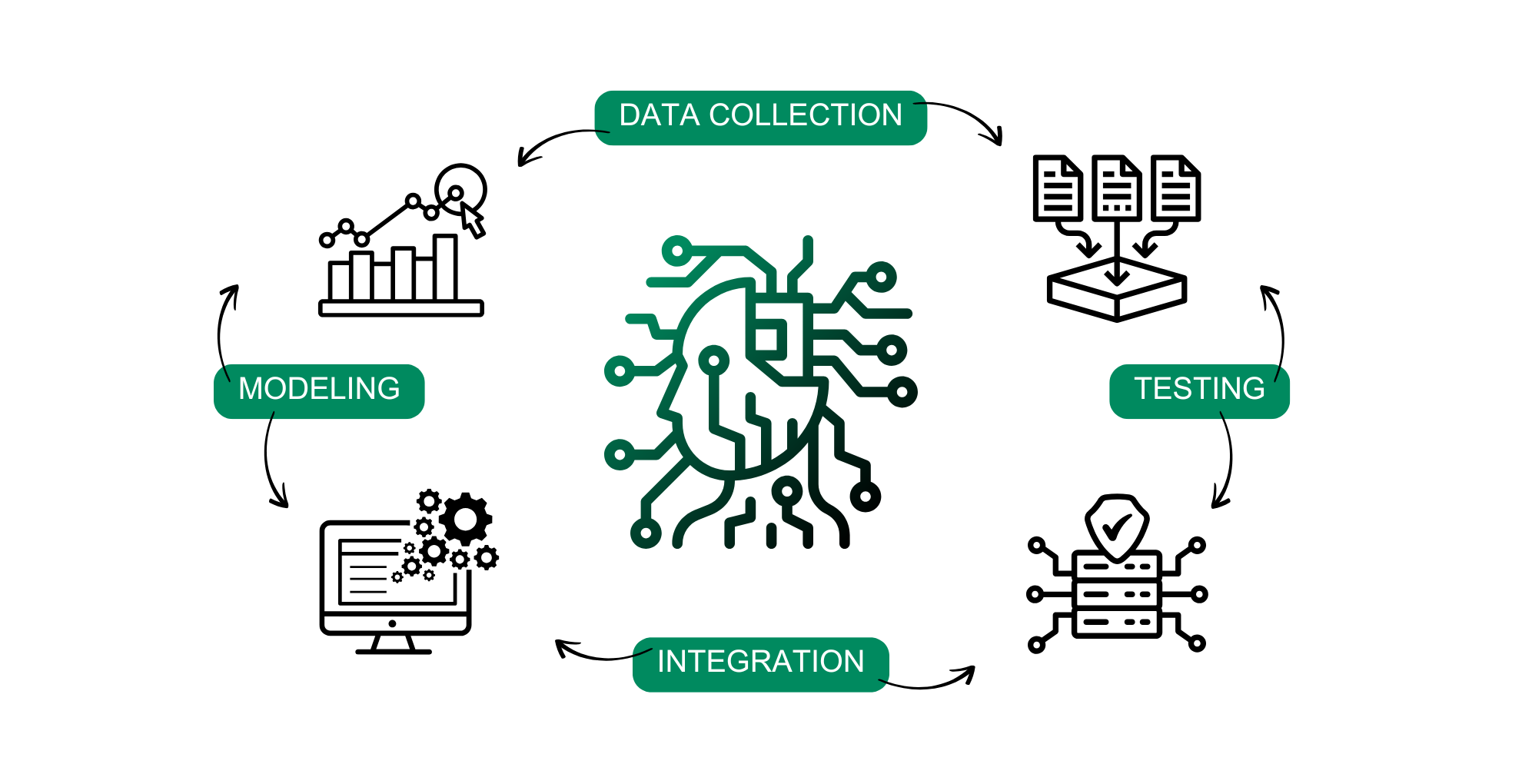
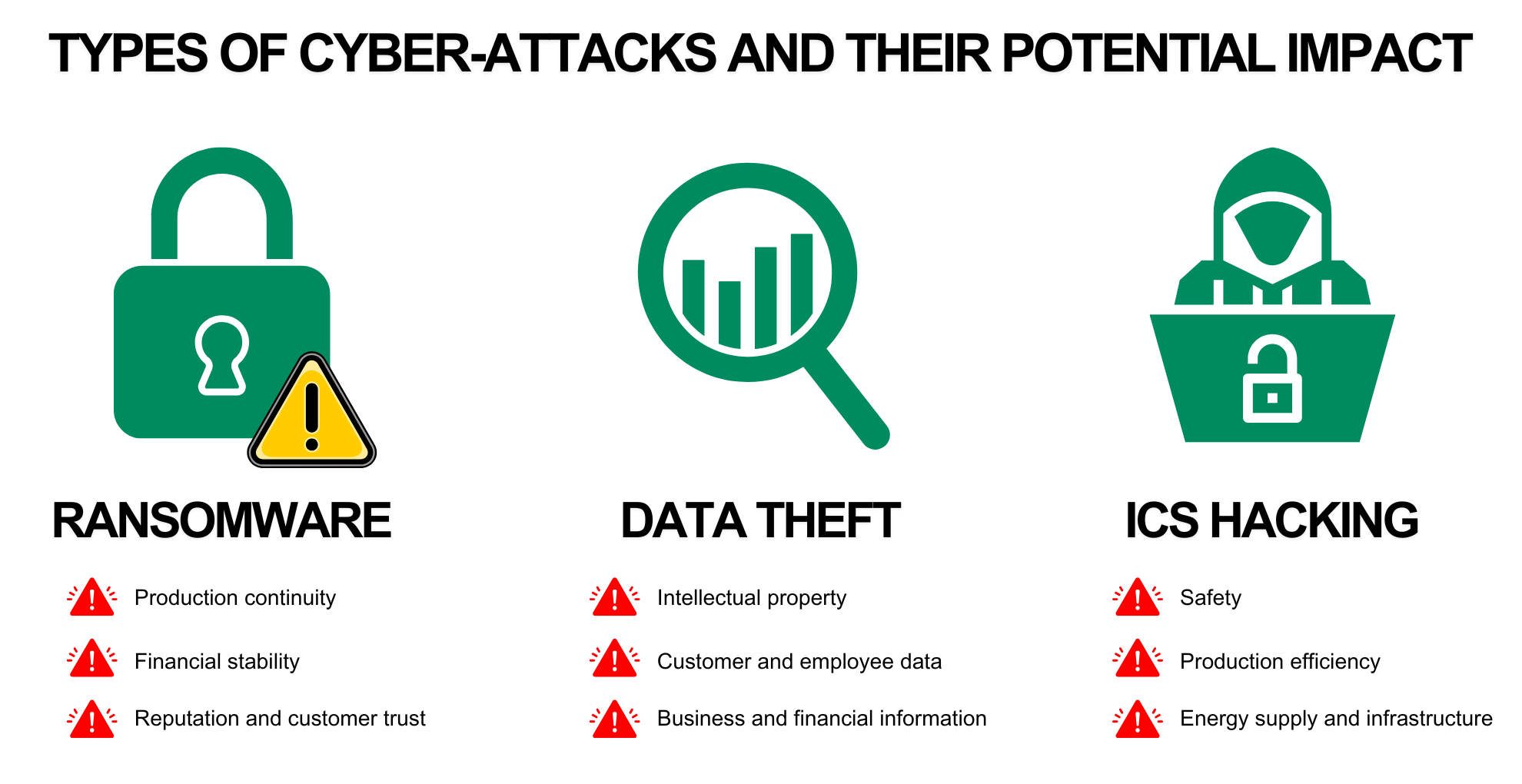

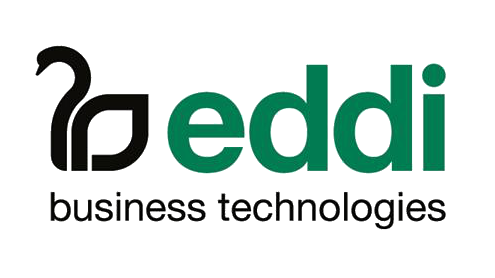
 Garā iela 2, Dreiliņi, Stopiņu novads
Garā iela 2, Dreiliņi, Stopiņu novads

